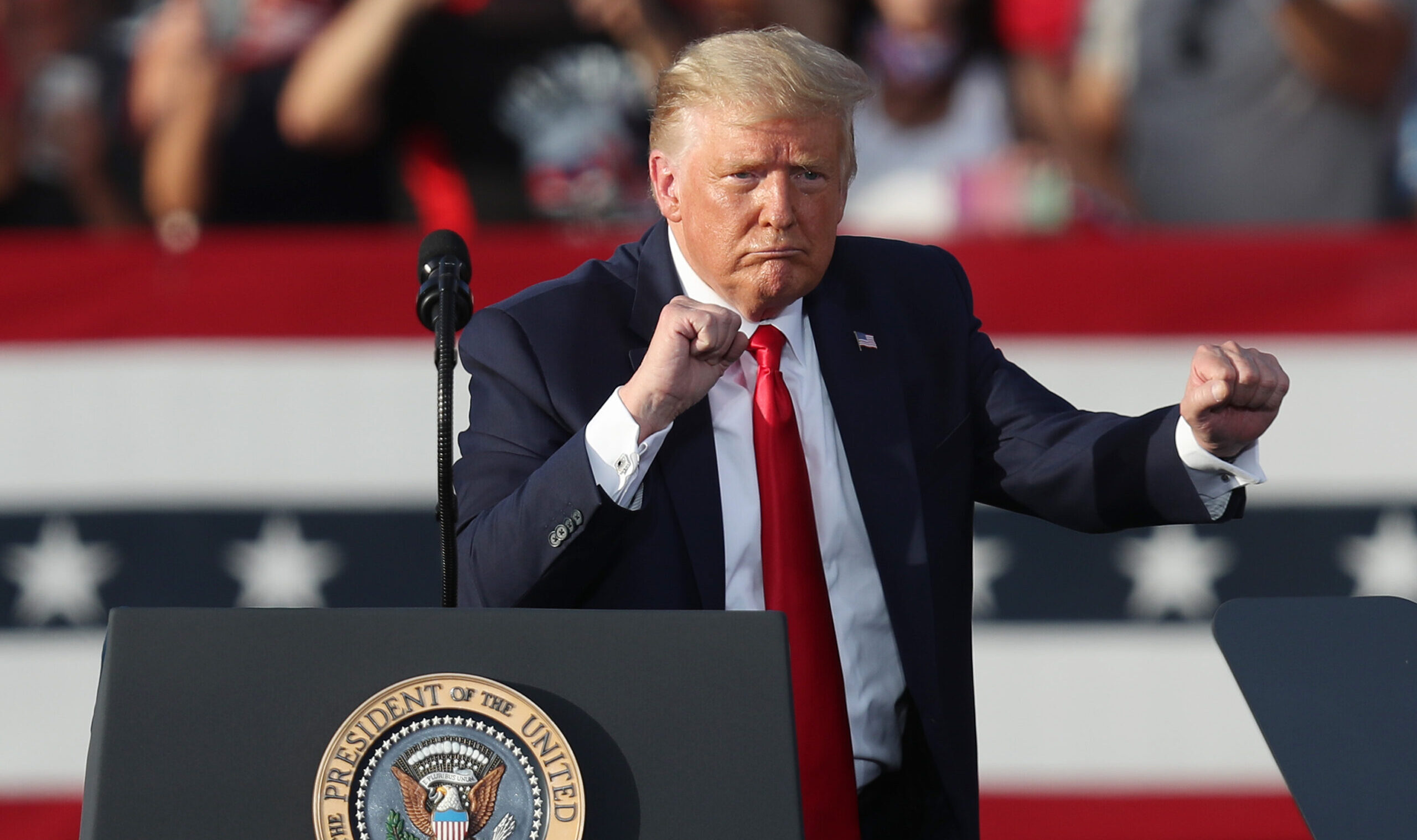The U.S. Doesn’t Need Another Reason to Meddle In Other Countries’ Affairs
Andrew Preston urges the U.S. to meddle even more often in other countries’ affairs:
In a world defined in large part by the growth of global faith, Obama would be wise to do so as well. Democracy promotion is important, but it would be far more effective if tied explicitly to the spread of religious liberty [bold mine-DL]. Just as countries are penalized, diplomatically and economically, for undemocratic practices or human rights abuses, so, too, should they be subject to pressure, and perhaps even sanctions [bold mine-DL], if they violate their citizens’ freedom of religion.
Tying democracy promotion to “the spread of religious liberty” would make democracy promotion less objectionable to skeptics in the West who see no reason to encourage conditions for illiberal majoritarianism, but I doubt that it would make democracy promotion more effective in the sense of making it more appealing. On the contrary, there are few things that would make U.S. democracy promotion less welcome around the world than this. Nowhere in Preston’s article is there any consideration for how this would be perceived by the governments and nations in question. Consider how many of the same regimes usually respond to pressure to change their internal political practices, and then ask if it serves any purpose to apply additional pressure to try to compel changes in their restrictions on religious liberty.
Democracy promotion efforts are naturally resented by the authoritarian governments they are directed against, but the policy Preston is proposing would likely provoke significant resentment from a large part of the population that adheres to the dominant religion(s) in their country. If this led to the imposition of sanctions, it could conceivably make things more difficult for religious minorities in the targeted countries. If religious minorities are already viewed as subversive or alien, Western agitation on their behalf would increase hostility towards them. There are few things more likely to provoke resentment against foreign interference than pressure or sanctions aimed at trying to change the way that a government regulates religion.
The recent report from the U.S. Commission on International Religious Freedom distinguishes between countries that are the worst offenders against religious liberty and those that it places on its “watch list.” It is especially these borderline cases that illustrate how difficult it would be to follow Preston’s recommendations with any consistency. For example, India is included on the “watch list” (accompanied by the strong dissent of one of the commission’s members) partly because of a number of state-level “Freedom of Religion” Acts that are intended to prevent forcible conversions. The dissenting member observed:
Hindu and other groups point out that the laws prohibit coercive measures or forced conversion, not all acts of conversion per se, and Commission staff have confirmed that that these laws have resulted in few arrests and no convictions.
Indonesia is also included on the “watch list,” but this was mostly not because of legal restrictions on religious freedom. The reason given was that “political forces, terrorist networks, and extremist groups continue to stoke societal violence and perpetrate ongoing violations of religious freedom and related human rights.” Those are all serious concerns, but it seems fairly obvious that they are concerns for Indonesians. Including India and Indonesia on the same “watch list” with other states such as Cuba and Laos suggests to me that the interest in promoting religious liberty can become an excuse to pressure other countries, even reasonably free ones, on the details of how they govern themselves. Preston seems to be arguing for more of this sort of meddling in U.S. policy, when it is quite clear that the U.S. needs to start learning how to interfere less in the internal affairs of other states.
